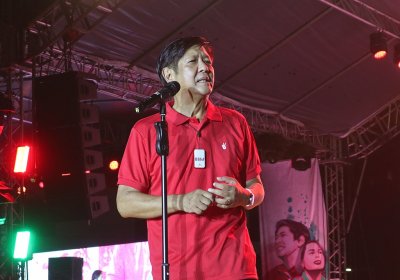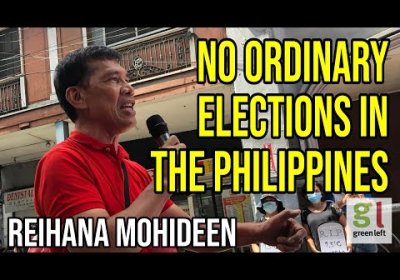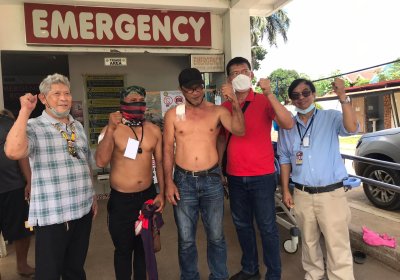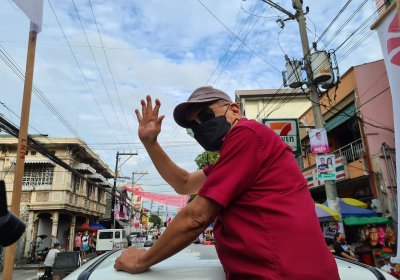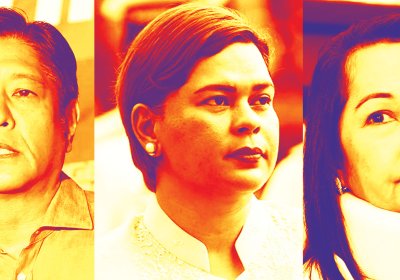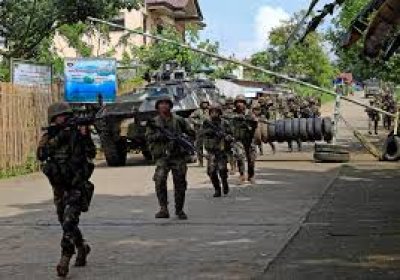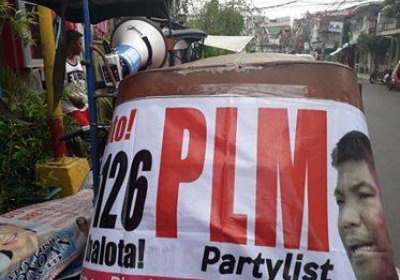Reihana Mohideen explains why the May 9 Philippine elections represented a consolidation of the power of political dynasties and clans in the country and the left's call for a “broad, united front” against the result.
Philippines elections
Reihana Mohideen discusses the May 9 election result in the Philippines, which saw the consolidation of rule by political dynasties and clans under the former Rodrigo Duterte regime.
Partido Lakas ng Masa representative Reihana Mohideen speaks to Green Left about the national elections in the Philippines.
A delegation led by Partido Lakas ng Masa (PLM) presidential candidate Leody de Guzman came under gunfire in Mindanao on April 19, while meeting with members of an Indigenous tribe on their occupied lands, reports Susan Price.
The May 9 national elections in the Philippines are taking place as the country reels under the blows of multiple system crises — climate, economic and social — compounded by the COVID-19 pandemic, writes Reihana Mohideen.
The Party of the Labouring Masses and Fight of the Masses are jointly fielding a slate of candidates in the May 9 national elections in the Philippines. Vice presidential candidate Walden Bello spoke at the election platform launch.
Three of the country’s most powerful political dynasties – the Marcoses, Arroyos and Dutertes – have entered into an unholy alliance with the hope of consolidating power in 2022 and beyond, writes Sonny Melencio.
The decision to field presidential and vice-presidential candidates represents a bold — and unprecedented — move for the Philippines left. Sonny Melencio explains why the Partido Lakas ng Masa has taken this step.
Disaster capitalism, not repair and restoration is the agenda of the Filipino oligarchy in the war-torn city of Marawi, writes Tony Iltis.
Sonny Melencio, chairperson of the socialist Partido Lakas ng Masa (Party of the Labouring Masses, PLM) spoke to Green Left Weekly on May 21 about the left’s response to the recent Philippines elections, which were rife with alleged fraud, vote rigging and vote-buying.
The May 13 Philippines midterm election has been marred by accusations ranging from a lack of transparency, to electoral fraud, vote rigging and vote buying.
Lengthy delays in results being released were blamed on “technical glitches” by authorities. Opposition candidates and parties have refused to accept the results and are calling for the Philippines electoral commission (COMELEC) to be replaced by an independent body.

